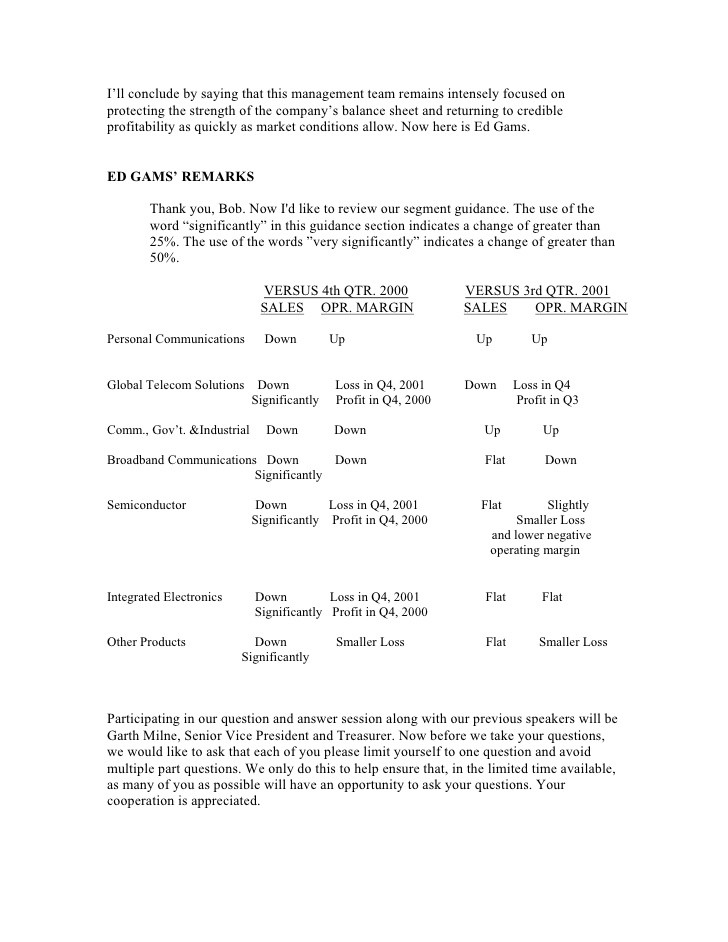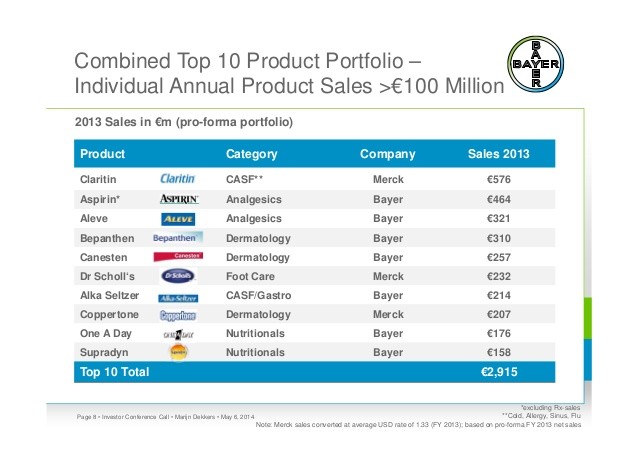Companies Opening Conference Calls To Individual Investors
Post on: 26 Апрель, 2015 No Comment

Investing
September 02, 1999 | By KATHLEEN GALLAGHER Milwaukee Journal Sentinel
Wondering what your public company is up to?
But two ways of getting information are still more accessible to professional investors than individuals: conference calls and private visits.
Geography and money constraints might always allow analysts to have a lock on private visits with companies’ top executives. But many companies are opening up their conference calls to individuals.
That’s no small development. A survey last spring by the Charlottesville-based Association for Investment Management and Research found that 95 percent of all professional investors responding thought conference calls were the most important technology-aided communication from companies. Web sites (77 percent) and e-mail (72 percent) came next.
Usually, conference calls take place right after a company releases earnings. Many analysts get on the line to listen to their peers’ concerns and ask questions of top executives.
We’ve sat through hundreds of conference calls and private visits over the years and gained valuable information from things like the tone of voice of management, whether they sound credible about where their company is going and whether to trust what we’re hearing by their level of enthusiasm, said Rafael Rafe Resendes, co-founder and partner of The Applied Finance Group Ltd. in Chicago.
Resendes’ firm has a Web site that gives individual investors institutional-quality research for free. Applied Finance also maintains a database of information about conference calls for about 400 publicly traded companies.
In Resendes’ opinion, the current best practice standard is for a company to broadcast its call over the Internet and allow anybody to listen in, then have the call archived and make a transcript available so people can come back to it.
The Internet is rife with places where companies can air their conference calls. And more than half (55 percent) of all companies surveyed in June by the National Investor Relations Institute were using it to broadcast conference calls, compared with none the year before.
Two of the best-known sites for accessing calls are BestCalls and Broadcast.com, a division of Yahoo! Inc. BestCalls even offers a free service that allows investors to submit a list of companies and receive e-mails alerting them when one of those companies is doing a call.
Applied Finance’s site also lets investors enter a portfolio, then gives them details about when the companies are having their calls and how to access them, along with a snapshot of how the stocks are performing.
The benefit of the Internet is we’re getting access to data; the downside is the rules are being created as we speak, Resendes said.
Observers say some of the companies that don’t do conference calls might justify that decision by saying they don’t have many analysts following them. Others might be afraid of having to deal with one investor with an ax to grind while other investors listen.

But the world is changing around them, and many predict they’ll start feeling the pressure to talk directly to their investors.
There’s a clear trend toward allowing individual investors access, said Louis M. Thompson Jr. president and chief executive officer of the National Institute of Investor Relations.
Of course, individual investors who listen to the calls have a certain level of responsibility, and there are many questions that aren’t appropriate to ask top executives who are trying to discuss company finances.
When you’re listening to Home Depot’s call, it’s not an appropriate place to have the CEO tell you why their store in Fresno, Calif. had an ice cube melting in the front door, Resendes said.
FOR MORE INFO
Some Web sites to check out if you’re interested in corporate conference calls:
* BestCalls: www.bestcalls.com
* Broadcast.com: www.broadcast.com
* Applied Finance Group: www.equityinsights.com














